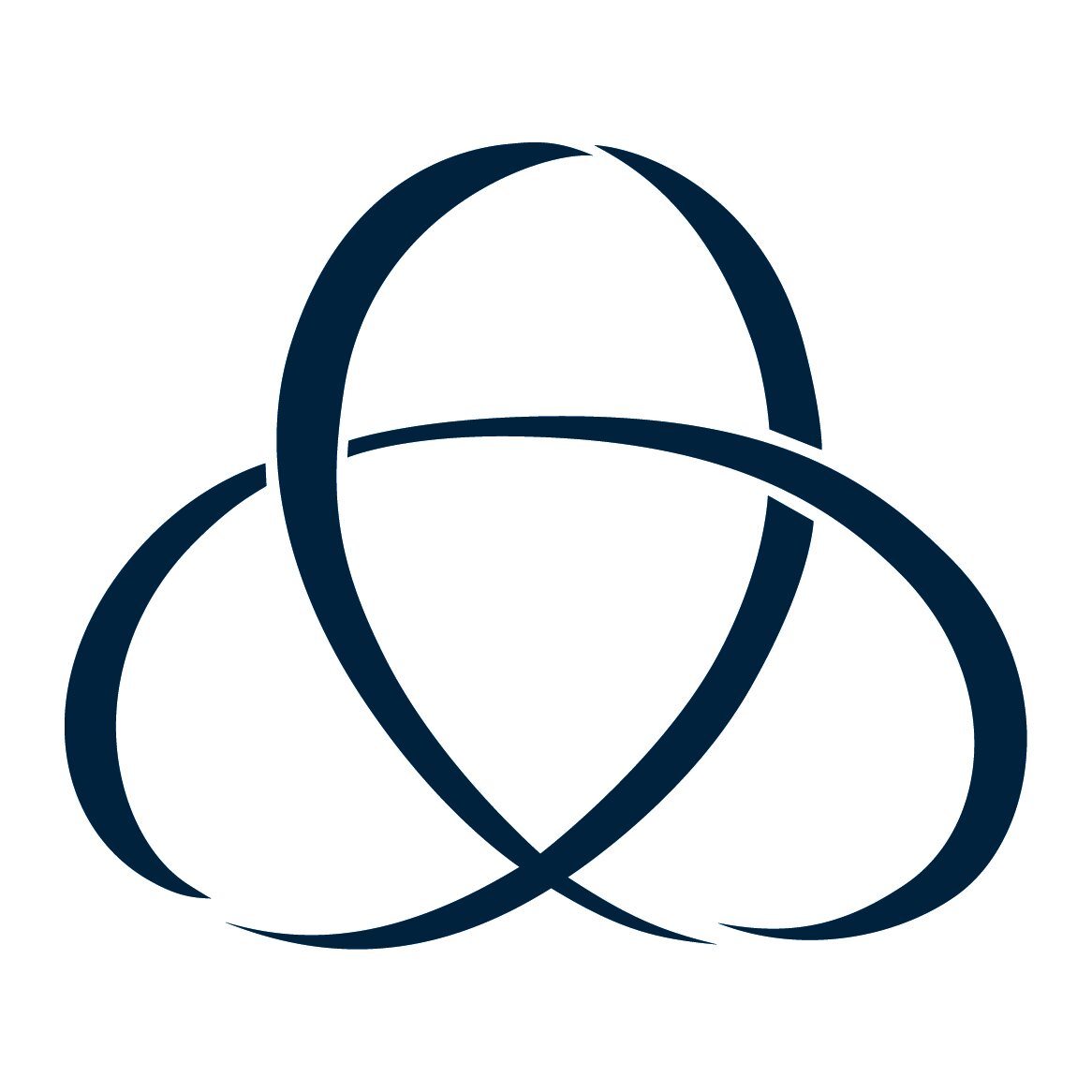Applications open for COVID-19 Closure Relief Grants
Dear ABLE BC members and industry colleagues,
Earlier today, Ravi Kahlon, Minister of Jobs, Economic Recovery and Innovation, announced that applications for the COVID-19 Closure Relief Grant are now open.
This new program, fast-tracked by the Provincial Government over the past few weeks, is designed to support BC business ordered closed by the Provincial Health Orders issued on Dec. 22, 2021.
Businesses ordered to close include:
Bars, Nightclubs and Lounges that do not serve full meals.
Gyms, Fitness and Adult Dance Centres
Event Venues that can no longer hold events
Relief grants of between $1,000 and $10,000 will be provided to eligible businesses based on the number of employees, following a similar formula to the previous Circuit Breaker Relief Grant that supported businesses in the spring of 2021.
During the announcement today, Minister Kahlon noted that government will expedite applications from businesses that previously received grants such as the Circuit Breaker Business Relief Grant. Minister Kahlon was also clear that any business guilty of violating a previous Provincial Health Orders is ineligible for the COVID-19 Closure Relief Grant
To apply for a grant visit: www.gov.bc.ca/business-relief
Deadline to repay Canada Emergency Business Loan (CEBA) extended
Also today, the Government of Canada announced the deadline for repayment of CEBA loans to qualify for partial loan forgiveness is being extended from December 31, 2022, to December 31, 2023, for all eligible borrowers in good standing.
This extension--which was requested by business associations such as ABLE BC--provides extra support and repayment flexibility to businesses who are facing continued financial challenges due to the pandemic and closures.
Repayment on or before the new deadline of December 31, 2023, will result in loan forgiveness of up to a third of the value of the loans (i.e. up to $20,000).
Outstanding loans would subsequently convert to two-year term loans with interest of 5 per cent per annum commencing on January 1, 2024, with the loans fully due by December 31, 2025.
The repayment deadline to qualify for partial forgiveness for CEBA-equivalent lending through the Regional Relief and Recovery Fund has also been extended to December 31, 2023.
Businesses required to re-activate COVID-19 safety plans
Earlier in the pandemic, employers were asked to create and implement a detail COVID-19 Safety plan that was specific to their business. These plans were replaced by a more general focus on Communicable Disease Prevention as the province reopened on July 1, 2021.
Announced January 7th, 2022, the Provincial Health officer now requires employers to reinstate and update these site specific COVID Safety Plans, to address the elevated risk we are currently facing with the Omicron variant.
The COVID-19 safety plan will supersede the basic principles of communicable disease prevention during this period of elevated risk by incorporating more specific protocols for preventing COVID-19 transmission. These may include occupancy limits, physical distancing, and barriers.
What Employers need to do:
Reviewing existing procedures and worker protections
Where needed, enhancing those protections to the extent practicable
Communicating with workers to ensure they understand their role in controlling the risk
If an employee tests positive for COVID-19, they need to follow the guidance of the BC Centre for Disease Control around taking care of themselves, self-isolating, and notifying close contacts.
Evidence shows vaccination is still the strongest form of protection against the spread of Covid-19 in the workplace. Employers are encouraged to consider staff-vaccination policies at their own discretion.
Employees have the right to refuse work if they believe it presents an undue hazard. An undue hazard is an “unwarranted, inappropriate, excessive, or disproportionate” hazard. For COVID-19, an “undue hazard” would be one where an employee’s job role places them at increased risk of exposure and adequate controls are not in place to protect them from that exposure.
For more information about employees’ rights in the workplace, see: COVID-19 information for workers.
With this new order in place, WorkSafeBC Prevention Officers will look for updated COVID-19 safety plans at worksites.
WorkSafeBC's website has been updated to include:
Workers and employers with questions can call WorkSafeBC's Prevention Information Line at 1-888-621-7233 to speak directly with a prevention officer.
